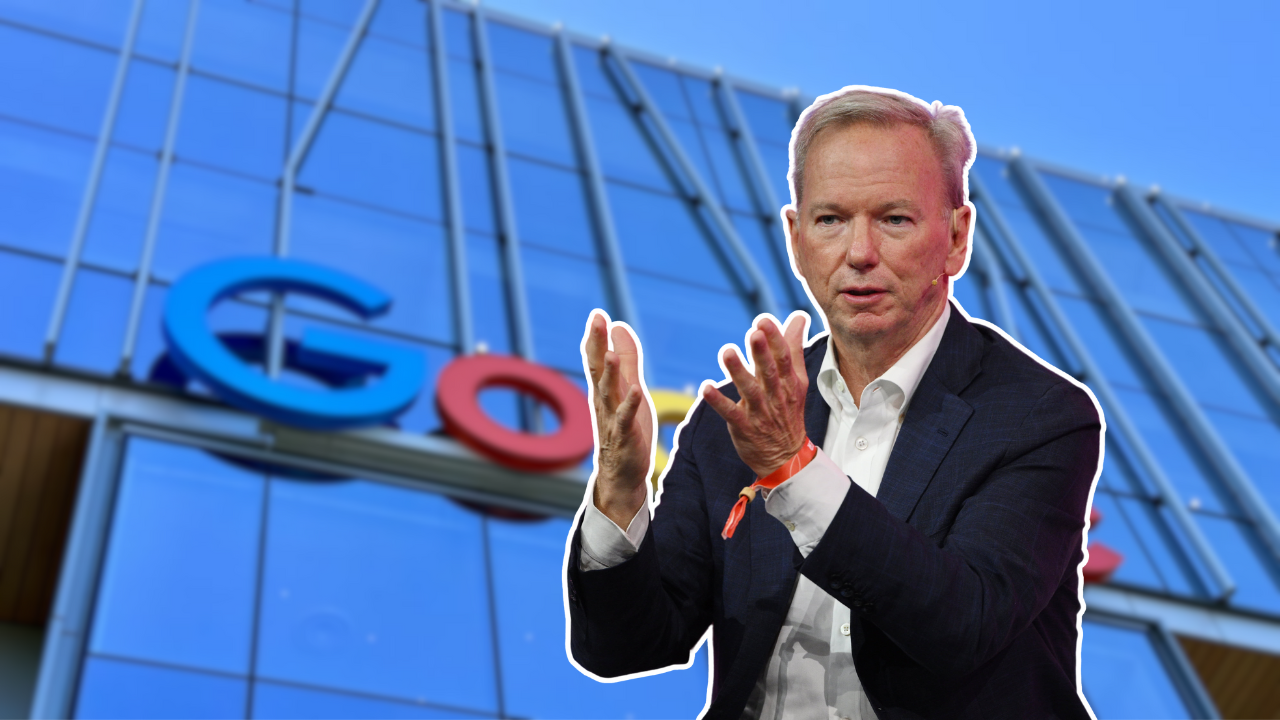Former Google CEO Eric Schmidt blames remote work for the company’s struggle in the AI race against OpenAI and Anthropic.
Former CEO of Google Eric Schmidt There has recently been a debate about remote work and its impact on innovation, particularly in the field of artificial intelligence (AI). in a YouTube In a video from a conference at Stanford University, Schmidt expressed deep concern that remote work could be hindering GoogleCompetitiveness in the AI sector.
Schmidt, who led Google as CEO from 2001 to 2011 and then as executive chairman until 2015, was responding to a question about why startups like to Open AI and Anthropic are outpacing Google in AI. Schmidt argued that Google’s focus on work-life balance and remote work options could be contributing to its lag in AI Development“Google decided that work-life balance, going home early and working from home was more important than winning,” he said. Schmidt suggested that startups are succeeding because their teams are working harder and spending more time in the office.
While Schmidt admitted he no longer works at Google, his comments were directed at aspiring entrepreneurs and students. He warned that if they intend to compete with innovative startups, they should not adopt a flexible remote work policy. “You’re not going to have people work from home and only come in one day a week if you want to compete with the other startups,” Schmidt explained.
This perspective reflects a broader critique from other high-profile executives. For example, JP MorganGoogle CEO Jamie Dimon has also criticized remote work, urging employees to return to the office to boost productivity and collaboration.
However, is Schmidt’s criticism of Google’s remote work policies accurate? A 2022 report indicated that Google required employees to work from the office three days a week. More recently, a June 2023 CNBC report revealed that Google began tracking office badge usage and incorporating it into performance reviews, suggesting that the company is closely monitoring office attendance.
In response to Schmidt’s comments, Google has not made any public changes to its remote work policies, but the debate highlights ongoing tensions between flexibility and productivity in the tech industry. Schmidt’s criticism underscores a growing concern among industry leaders that while remote work offers benefits, it could also hurt a company’s ability to stay ahead of rapidly evolving fields like artificial intelligence.
As the tech industry continues to seek the balance between remote work and in-office presence, Schmidt’s comments contribute to an important conversation about the future of work and innovation.
Disclaimer:
The information contained in this post is for general information purposes only. We make no representations or warranties of any kind, express or implied, about the completeness, accuracy, reliability, suitability or availability with respect to the website or the information, products, services, or related graphics contained on the post for any purpose.
We respect the intellectual property rights of content creators. If you are the owner of any material featured on our website and have concerns about its use, please contact us. We are committed to addressing any copyright issues promptly and will remove any material within 2 days of receiving a request from the rightful owner.

